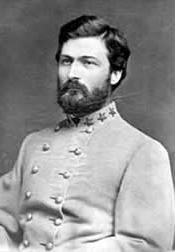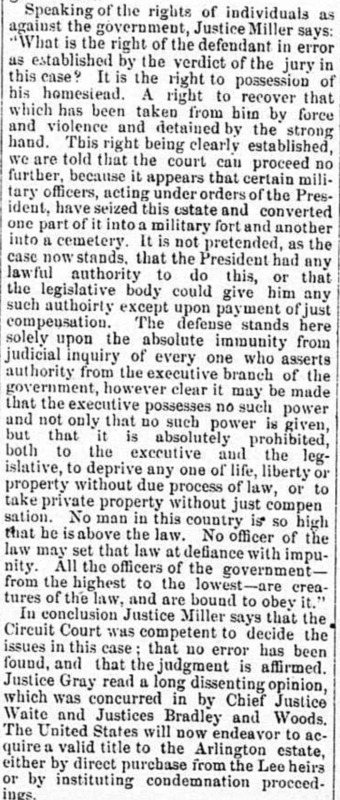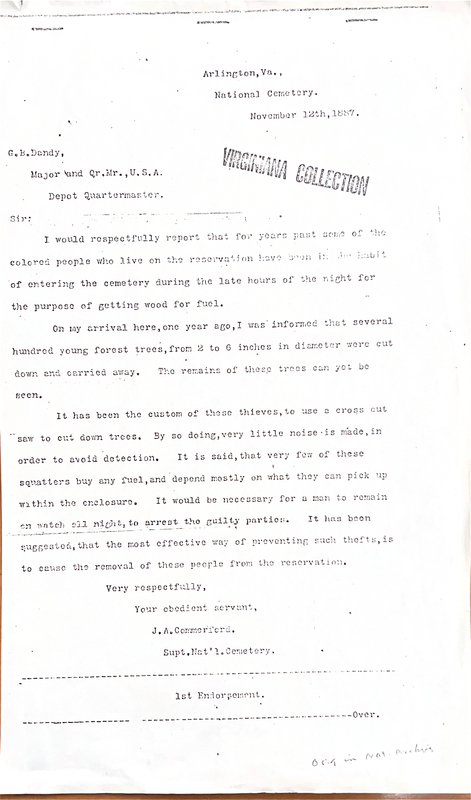Freedman's Village: What Happened?
While life on the plantation wasn't perfect it was infinitely better than anything the Freedmen had known before. For the first four years or so life as a freed slave on the Village was very productive. However, it was only short lived as in 1869 the Freedman's Bureau was abolished and officially ceased all operations in 1872. Reasons for its closure range from the passage of the Fourteenth Amendment making it redundant in some peoples' eyes to funding issues. With this ommision Freedman's Village was now once again run by the War Department and any sense of understanding between the two was completely gone. The Bureau was their main advocate in situations involving outside affairs and with them gone there was on one to look out for them. The Federal Government no longer saw any use keeping the Freedmen on the plantation.
To make matters worse, there was now an ensuing legal battle over who owned the land that the Village was on. General George Washington Custis Lee, son of Robert E. Lee claimed that the Government had stolen his family's plantation during the Civil War and wanted it back. Lee used the Freedman's Village as part of his argument calling the residents "squatters" and that the government needed to either purchase the property or return it to him. This term would be used by many groups wanting the villagers gone. Despite the fact that the villagers worked on the property and used those wages to rent their houses they would be portrayed as lazy free-loaders who never worked a day in their lives by the people who want them gone. The conflict went all the way up to the Supreme Court where in 1882 they sided with Lee and the Federal Government purchased the Arlington property for $150,000. The Government found other excuses to expell the villagers as well. Some soldiers claimed they saw villagers cut down trees in the cemetary at night to use as fuel and instead of simply confronting them, urged their superiors to evict them from the property.
It wasn't just the Government wanting the Freedmen off the plantation, but the white citizens of Arlington were becoming hostile toward them. The citizens of surrounding neighborhoods in Arlington County not only wanted them gone because of their previously mentioned sway on local elections but also they were a financial burden in their eyes. Part of the county's taxes went toward paying for the village and in turn the Freedmen's pay which they saw as unfair. The white citizens began to petition for their removal and legislation was even proposed that would reimburse the taxpayers for all money spent on the village.
By Ryan Keith



